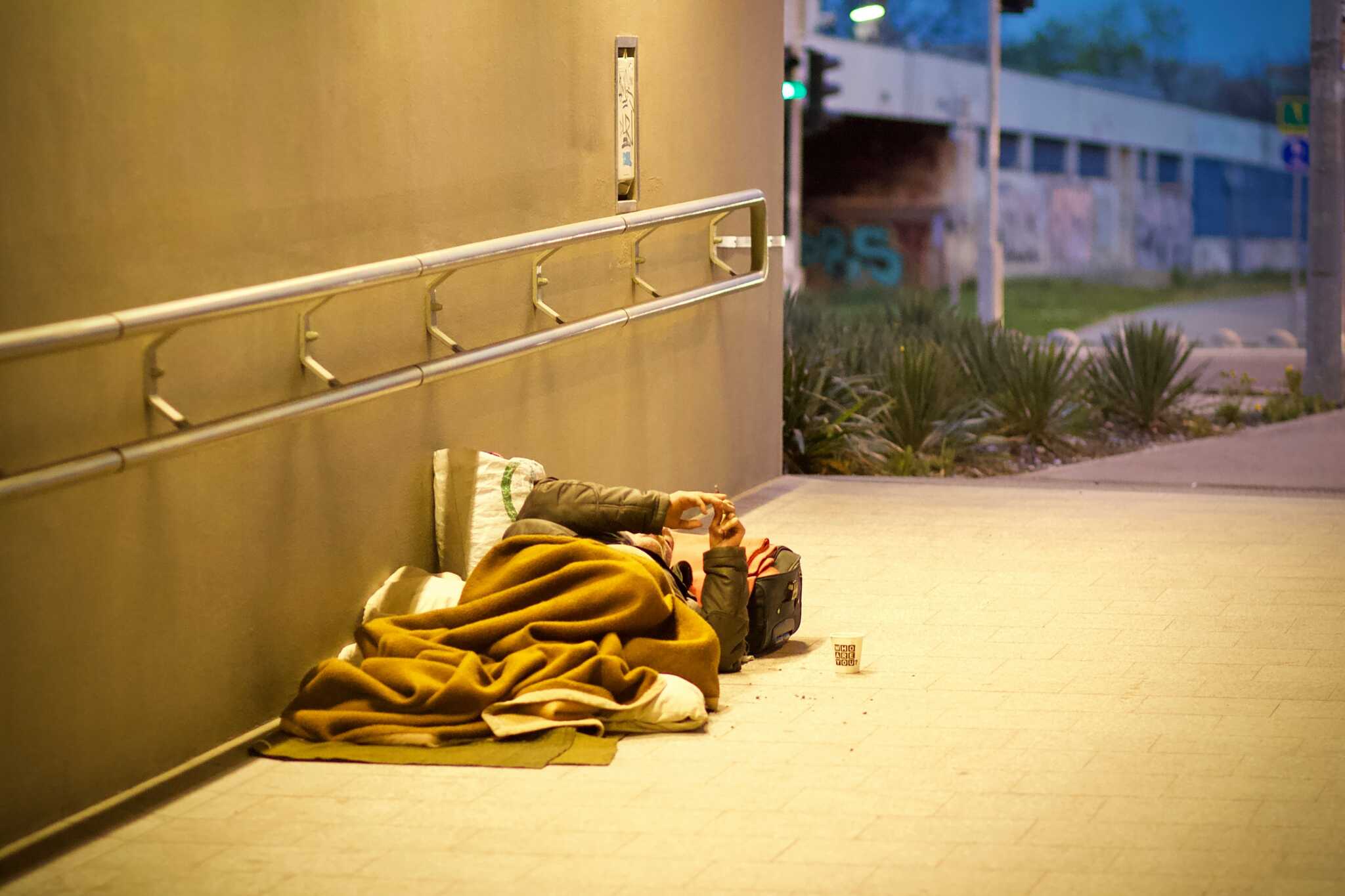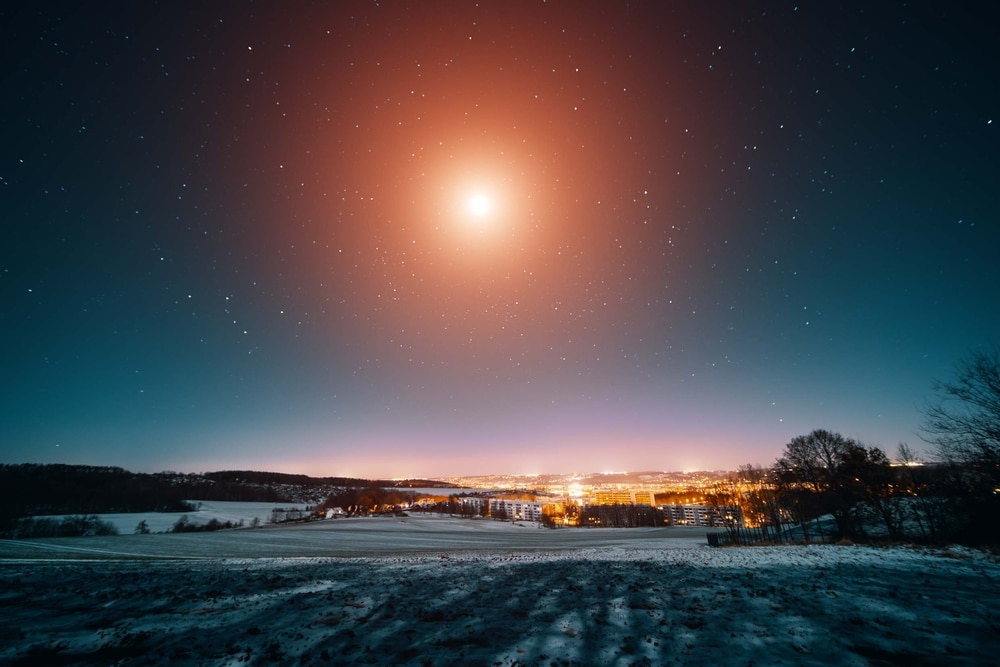A powerful earthquake struck Herat Province in Afghanistan near the border with Iran early Wednesday, several days after two major quakes in the same area killed more than 800 people.
The magnitude 6.3 temblor struck northwestern Afghanistan at 5:22 a.m. local time at a depth of about 10 kilometers, according to the U.S. Geological Survey. The epicenter was just outside Herat City, the provincial capital and cultural hub.
The latest quake sent people in Herat City running out of their homes for the second time in five days. Thousands of others had already been sleeping outside in tents, or in makeshift shelters made of blankets and tarp, still terrified from the dual quakes that rocked the area on Saturday.
“When my body started shaking I realized it was another quake,” said Nadar, 52, who goes by one name, and who had been sleeping in his yard. “Everyone sleeping outside was shouting and screaming.”
Inside the Arg Hotel, a team of New York Times journalists felt the walls shake violently and the building sway. Bright lights illuminating the hallway flickered and went dark as guests ran out of the building. When the shaking subsided, parts of the concrete walls broke off, and pieces of the ceiling in some rooms crashed to the floor.
Mohammad Reza, a doctor in Herat, had been sleeping inside his house, hoping the aftershocks from Saturday’s quakes had finally subsided.
“I thought that it was all over,” said Mr. Reza, 28. When he woke to the walls shaking, he sprinted out of the house barefoot, through the yard and to the alley outside. “I was so scared and shocked, now I feel dizzy and I’m just throwing up,” he added.
The Saturday quakes, both of which were also 6.3 magnitude, caused mud-brick homes in several districts to come crashing down. At least seven tremors followed the initial quakes.
There was optimism that the Wednesday quake would be less destructive. The buildings in Herat City are mostly made from concrete — not mud-brick, as in districts that saw the worst devastation on Saturday — and many people were sleeping outside.

















